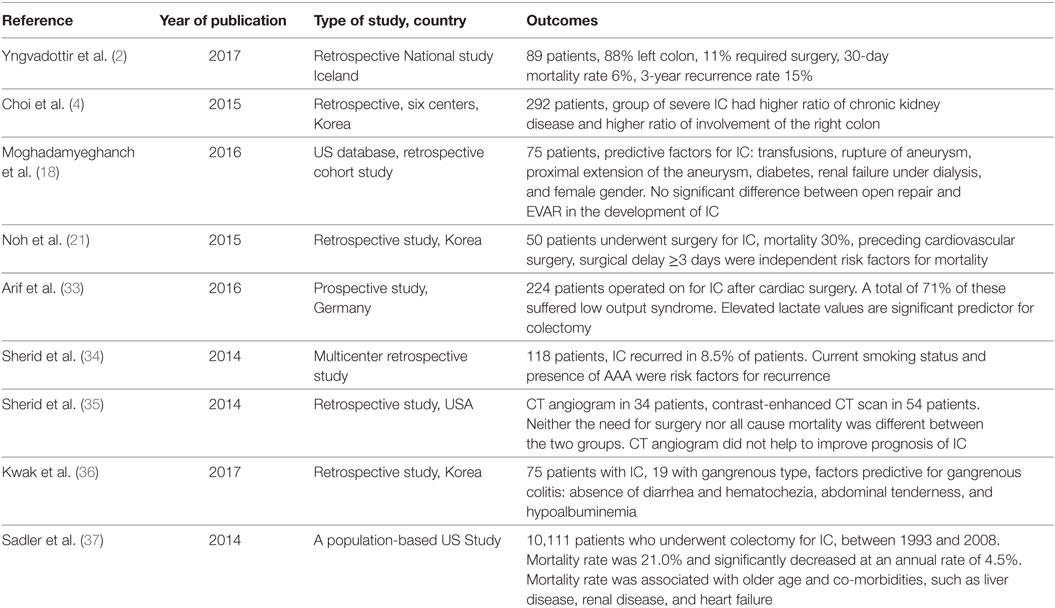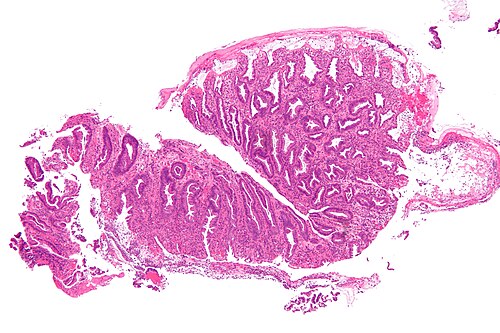Ischemic colitis, often abbreviated as IC, is a condition that occurs when there is reduced blood flow to the colon. This lack of adequate blood supply can lead to inflammation and injury of the colon’s inner lining. While it is more common in older adults, ischemic colitis can affect individuals of all ages. Understanding its causes, recognizing its symptoms, obtaining an accurate diagnosis, and exploring treatment options are essential for managing this condition effectively.

What Causes Ischemic Colitis?
The primary cause of ischemic colitis is a reduction in blood flow to the colon. Blood flow may be compromised due to several factors, including:
- Blood Clot Formation: A clot in the blood vessels supplying the colon can block blood flow, leading to ischemia.
- Low Blood Pressure: Conditions like heart failure, severe dehydration, or significant blood loss can lower blood pressure, reducing the amount of blood reaching the colon.
- Vascular Diseases: Diseases affecting blood vessels, such as atherosclerosis, can narrow or harden arteries, restricting blood flow.
- Medications: Certain medications, such as those used to treat high blood pressure or migraines, can constrict blood vessels, potentially contributing to ischemic colitis.
- Abdominal Surgery: Surgeries involving the abdomen may inadvertently affect blood flow to the colon.
- Infections: Rarely, infections can trigger inflammation and reduce blood flow to the colon.
Risk Factors
Some individuals are at a higher risk of developing ischemic colitis due to specific factors. These include:
- Being over the age of sixty
- Having a history of cardiovascular diseases
- Using medications that affect blood flow
- Suffering from chronic conditions like diabetes or kidney disease
- Experiencing recent abdominal trauma or surgery
Symptoms of Ischemic Colitis
The symptoms of ischemic colitis can vary depending on the severity of the condition. Some people may experience mild discomfort, while others may have more severe symptoms. Common signs and symptoms include:
- Abdominal Pain: The most common symptom is sudden pain in the abdomen, often localized to the lower left side.
- Bloody Stools: Passing stools with bright red or maroon-colored blood is a hallmark sign of ischemic colitis.
- Diarrhea: Individuals may experience frequent, loose bowel movements.
- Nausea and Vomiting: Some patients report feelings of nausea, and vomiting may occur in more severe cases.
- Fever: A low-grade fever may develop, indicating inflammation in the colon.
- Tenderness in the Abdomen: The affected area of the abdomen may feel tender to the touch.
When to Seek Medical Attention
If you experience persistent abdominal pain, bloody stools, or other concerning symptoms, it is crucial to seek medical attention promptly. Early diagnosis and treatment can prevent complications and improve outcomes.
How Is Ischemic Colitis Diagnosed?
Diagnosing ischemic colitis involves a combination of clinical evaluation, imaging tests, and laboratory studies. Healthcare providers use these methods to confirm the presence of the condition and rule out other potential causes of symptoms.
Clinical Evaluation
A healthcare provider will begin by taking a detailed medical history and performing a physical examination. They will ask about symptoms, their duration, and any underlying health conditions or medications that might contribute to the problem.
Imaging Tests
Several imaging tests can help diagnose ischemic colitis:
- Colonoscopy: This procedure involves inserting a flexible tube with a camera into the colon to visualize the inner lining. It allows doctors to identify areas of inflammation or damage.
- CT Scan: A computed tomography scan can provide detailed images of the abdomen and pelvis, helping to assess blood flow and detect abnormalities in the colon.
- Angiography: This specialized imaging test examines blood vessels and can identify blockages or reduced blood flow to the colon.
Laboratory Studies
Blood tests and stool samples may also be used to support the diagnosis:
- Blood Tests: These can check for signs of infection, inflammation, or anemia, which may accompany ischemic colitis.
- Stool Analysis: Testing stool samples can help rule out infections or other gastrointestinal disorders.
Treatment Options for Ischemic Colitis
The treatment of ischemic colitis depends on the severity of the condition and the underlying cause. In mild cases, the condition may resolve on its own with supportive care. However, more severe cases require targeted interventions to manage symptoms and prevent complications.
Supportive Care
For mild cases of ischemic colitis, supportive care measures may suffice. These include:
- Hydration: Ensuring adequate fluid intake is essential to prevent dehydration, especially if diarrhea is present.
- Dietary Modifications: Consuming a bland diet and avoiding foods that irritate the digestive system can promote healing.
- Pain Management: Over-the-counter pain relievers may be recommended to alleviate abdominal discomfort.
Medications
In some cases, medications may be prescribed to address specific symptoms or underlying causes:
- Antibiotics: If an infection is suspected, antibiotics may be prescribed to eliminate harmful bacteria.
- Blood Thinners: For patients with blood clots, anticoagulant medications may be used to improve blood flow.
- Vasodilators: Medications that widen blood vessels can help restore adequate blood flow to the colon.
Hospitalization
Severe cases of ischemic colitis may require hospitalization. During hospitalization, patients may receive:
- Intravenous Fluids: To address dehydration and maintain electrolyte balance.
- Nutritional Support: If the patient cannot eat, nutritional support through intravenous feeding may be necessary.
- Monitoring: Close monitoring of vital signs and symptoms ensures timely intervention if complications arise.
Surgical Intervention
In rare cases where ischemic colitis leads to complications such as bowel perforation, gangrene, or persistent bleeding, surgery may be required. Surgical options include:
- Bowel Resection: Removing damaged portions of the colon to prevent further complications.
- Bypass Surgery: Creating alternative pathways for blood flow to bypass blocked vessels.
Preventing Ischemic Colitis
While not all cases of ischemic colitis can be prevented, certain measures can reduce the risk of developing the condition:
- Maintaining a healthy lifestyle to manage cardiovascular risk factors
- Staying hydrated and eating a balanced diet
- Avoiding medications that constrict blood vessels unless prescribed by a doctor
- Regularly monitoring and managing chronic health conditions
By understanding the causes, recognizing the symptoms, and seeking timely medical care, individuals can take proactive steps to manage ischemic colitis effectively.





